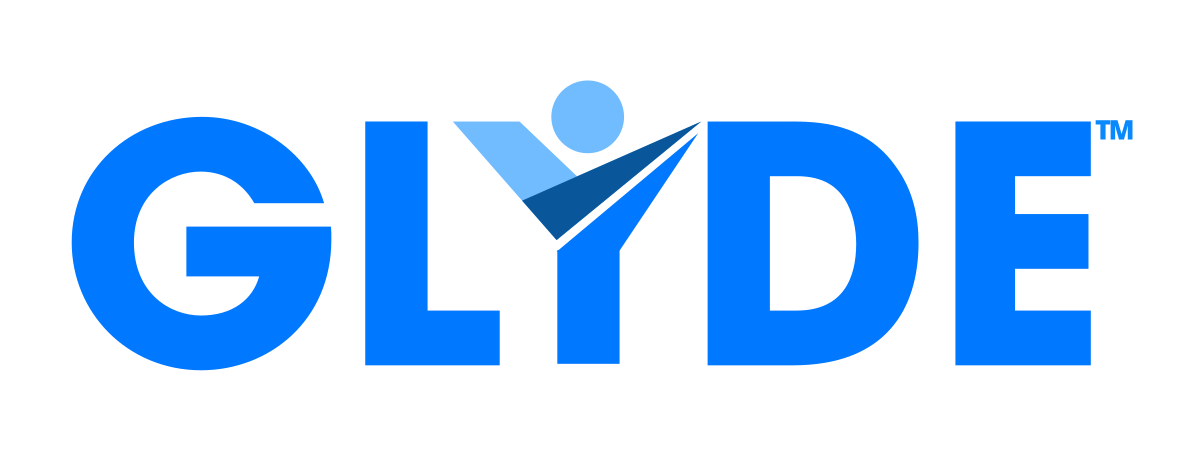In the current corporate landscape, the ability to attract, assess, and retain talent lies at the heart of organizational success. As recruitment processes continuously evolve, it is becoming more evident that traditional methods of screening candidates aren’t quite able to meet modern demands for speed, efficiency, and, most importantly, precision. Especially significant is the screening process, which often holds the challenging task of sieving through scores of profiles to find the perfect fit in a short period. This is where AI-powered conversations are standing out as game-changers within the recruitment space particularly where you are dealing with high volumes of applicants.
Recruiting is a fundamentally communicative process, rooted in conversations and interactions. These conversations are vital to ascertain a candidate’s skills, assess cultural fit, and gauge overall suitability for a role. Yet, as essential as they may be, these interactions pose certain challenges — primarily stemming from a lack of consistency in conducting them.
This was one of the main challenges I experienced while running TA for a fast growing, high volume staffing business when we were working with a remote offshore team.
Imagine this all too common scenario – your team has just received a flood of applications for a new job opening. You know that screening each candidate thoroughly is vital, but the manual process is overwhelming and your team starts to fall behind. To compound the issues you also start to lose the more promising candidates due to delays in recruiters getting to speak with them due to the screening workload. Sound familiar?
We are all inherently subject to bias and variability. No two conversations carried out by a single recruiter, let alone multiple recruiters across an organization, will be perfectly alike. This variability, while not necessarily detrimental, presents a certain degree of inconsistency which affects the final outcomes of the candidate screening process.
In some cases it reduced the viability of the candidates when they arrived on-site as they were not always fully informed of the clothing, jewellery or other client requirements during the screening call as requested by the client.
Enter AI-powered conversations — a solution which combines the best of both worlds. It integrates the irreplaceable, human aspect of conversation, with the precision, consistency, and efficiency offered by artificial intelligence. With AI, it becomes possible to structure the content of these conversations, adding a level of consistency that is nearly impossible to achieve in strictly human-conducted discussions.
Through pre-determined and adjustable scripts, AI-powered conversations ensure that every candidate is subject to the same baseline screening process. At the same time, the capabilities of AI to adapt and respond to specific inputs ensures that the conversation remains dynamic and meaningful, rather than robotic and limiting.
This consistent screening methodology effectively reduces the chances of missing out on promising candidates due to interviewer bias or error. It minimizes the variability between different individuals, creating a more fair and impartial evaluation process. The methodical structure provided by AI-powered conversations ensures that all candidates are judged on the same parameters and informed of all requirements to allow them to self select out, leveling the playing field and enhancing the screening process.
In summary, the power of AI-integrated conversations lies in their ability to balance human interaction with structured consistency, fostering a more productive, effective, and efficient screening process. The era of AI-powered recruitment is here, paving the way for a future where hiring the right talent does not just reflect a recruiter’s judgment but also the power of intelligent software.
Meticulously crafted, AI-powered intelligent conversations add immense value and precision to the process of talent acquisition. Intelligent, unbiased, and systematic, these ‘conversations’ will drive the future of recruitment, harnessing the power of technology to build stronger, more capable, and uniquely diverse workforces.

